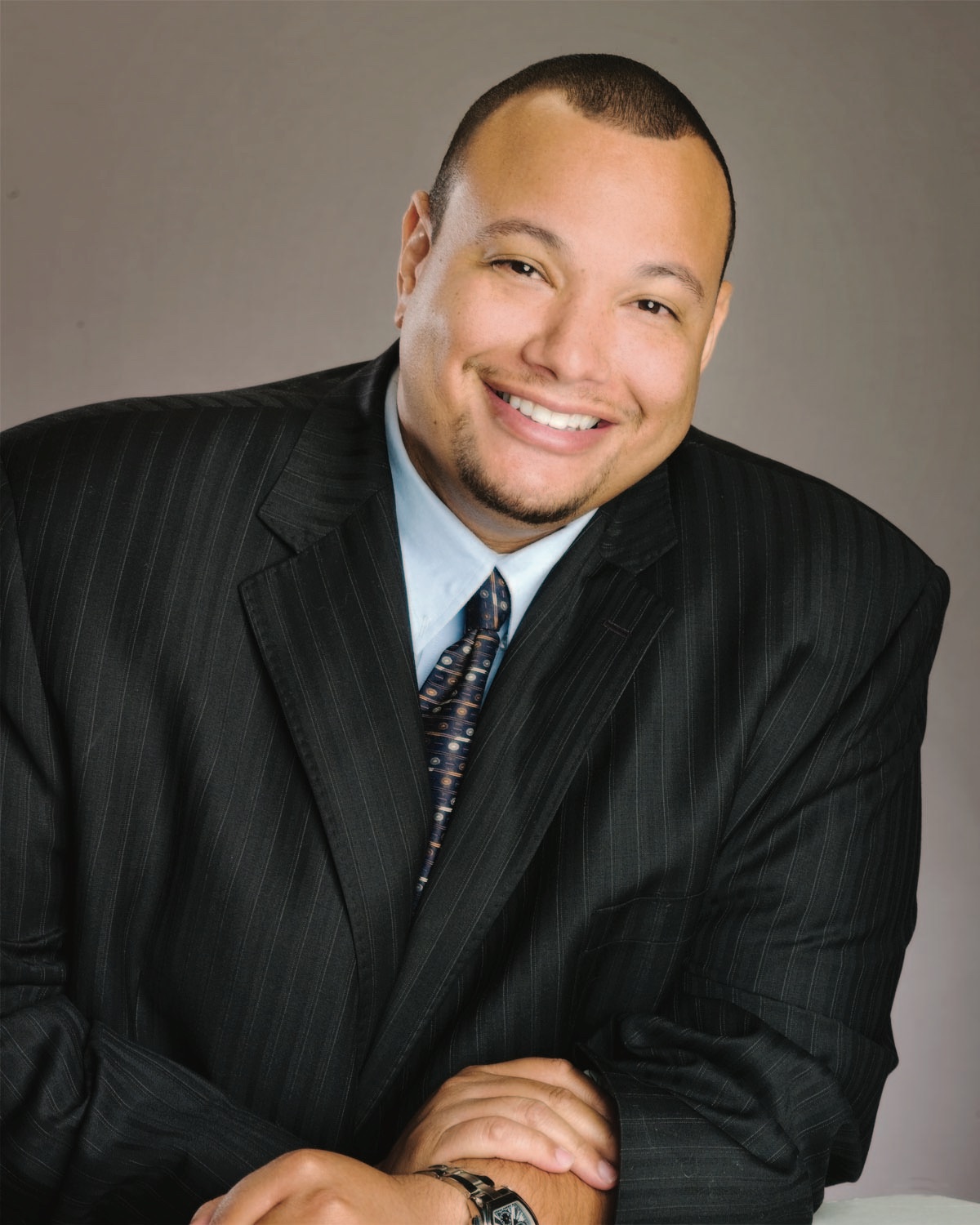(Chicago Sun-Times) Homegrown terrorism is a reality in the United States, and as one of America’s largest and most famous cities, Chicago will inevitably be a popular target among evil-doers.
The latest alleged terrorist plot, exposed by federal authorities in Miami last week, resulted in seven members of a group called the “Seas of David” being arrested for allegedly seeking funding and support from al-Qaida. The group, supposedly led by Narseal Batiste, sought boots, uniforms, machine guns, radios and vehicles. In return for these items, they allegedly ”pledged an oath to al- Qaida” and conspired to, among other things, support the network knowing that it has and is engaged in terrorist activities against the United States, work under al-Qaida’s control and direction, conceal and disguise materials for terrorist acts and carry out acts of terrorism. The federal indictment alleges that they plotted to ”maliciously damage and destroy by means of an explosive” an FBI field office in Miami and the Sears Tower in Chicago. It also contends that the group intended to ”levy war against the government of the United States” and ”oppose by force” its authority.
What makes this homegrown plot unique is that it was allegedly orchestrated by seven working- class blacks — a group more concerned with being gainfully employed than terrorism. Five of the suspects are Americans of African-American and African-Caribbean ancestry, one was an illegal alien from Haiti with an expired visa and the other was a resident alien. Hence, the latest alleged case of homegrown terrorism targeted the city that produced Jeff Fort and other El Rukn gang members who in 1986 were the first Americans convicted of plotting to commit terrorist acts against the United States on behalf of a foreign government, Libya, for money.
What distinguishes the El Rukns from the Miami suspects is that the former seemed to be apolitical and religious and only interested in money; the Miami suspects appear to have been politically motivated and belong to a cultish group that mixes pseudo-black nationalism, Judaism, Christianity and Islam. The indictment also seems to indicate that they lacked the organization, capacity or sophistication to conceive of a credible terrorist plot, whereas the El Rukns were organized, influential and powerful in Chicago, and actually received weapons including hand grenades.
What makes the indictment problematic is that the suspects never met with a genuine al-Qaida operative, but rather an FBI agent posing as one, and never acquired the means to carry out an attack. Perhaps, this new form of “anticipatory law enforcement” is warranted, but the accused will certainly argue that they were entrapped and that the government fashioned the environment that birthed the plot.
This case raises the question whether we need to rethink what we mean by homegrown terrorists. We need to ask why average Americans are becoming homegrown terrorists. What are we doing to cultivate them? Why would five Americans and two immigrants seek to commit acts of terrorism against the United States? Why would seven young black men — historically the least likely to engage in terrorism — become terrorists? We are way beyond the angry black man paradigm.
In the past year, there have been three other alleged cases of homegrown terrorism: in Torrance and Lodi, Calif., and Atlanta. Anticipatory law enforcement may be necessary to combat terrorists, but until we balance this approach with prescriptions that address why and how homegrown terrorists are being bred in the United States, we will not be able to stop it.

